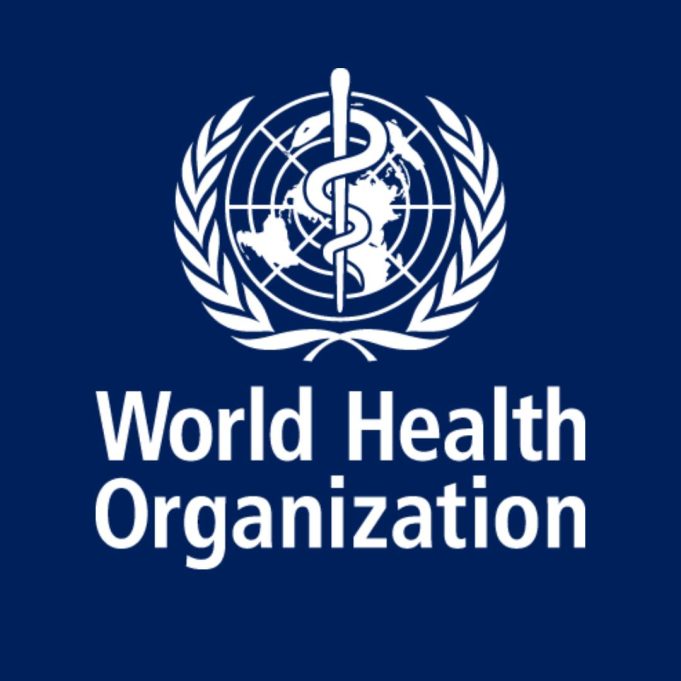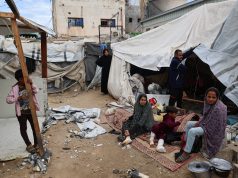CONGO – An mpox outbreak in the Democratic Republic of Congo has killed 548 people since the start of the year, with all provinces affected by the virus, the health minister said on Thursday in a statement.
The World Health Organization (WHO) on Wednesday declared the mpox surge in Africa a global public health emergency, worried by the rise in cases in the DRC and the spread to nearby countries.
“According to the latest epidemiological report, our country has recorded 15,664 potential cases and 548 deaths since the beginning of the year,” Health Minister Samuel-Roger Kamba said in a separate video message seen by AFP on Thursday.
The DRC is made up of 26 provinces and has a population of around 100 million.
The most affected provinces are South Kivu, North Kivu, Tshopo, Equateur, North Ubangi, Tshuapa, Mongala and Sankuru, Kamba said.
“To deal with this crisis, the government has put in place a response structured around three main axes,” Kamba said in the video.
The three steps include plans to raise awareness of the virus and a “national strategic plan for vaccination against mpox”, as well as improving surveillance of the disease at borders and checkpoints.
The minister said that at government level working groups have been set up to boost contact tracing and help mobilise resources to “maintain control of this epidemic”.
The US Department of Health said on Wednesday it would be “donating 50,000 doses of the Food and Drug Administration (FDA)-approved JYNNEOS vaccine to DRC”.
“Vaccination will be a critical element of the response to this outbreak,” it said in a statement.
The UN health agency declaration on the virus came the day after the African Union’s health watchdog declared its own public health emergency over the growing outbreak.
Formerly called monkeypox, the virus was first discovered in humans in 1970 in what is now the DRC.
It is an infectious disease caused by a virus transmitted to humans by infected animals but can also be passed from human to human through close physical contact.
The disease causes fever, muscular aches and large boil-like skin lesions.
In May 2022, mpox infections surged worldwide, mostly affecting gay and bisexual men, due to the clade 2b subclade.
The WHO declared a public health emergency which lasted from July 2022 to May 2023.
The outbreak, which has now largely subsided, caused some 140 deaths out of around 90,000 cases.
The clade 1b subclade, which has been surging in the DRC since September 2023, causes more severe disease than clade 2b, with a higher fatality rate. – AFP

















